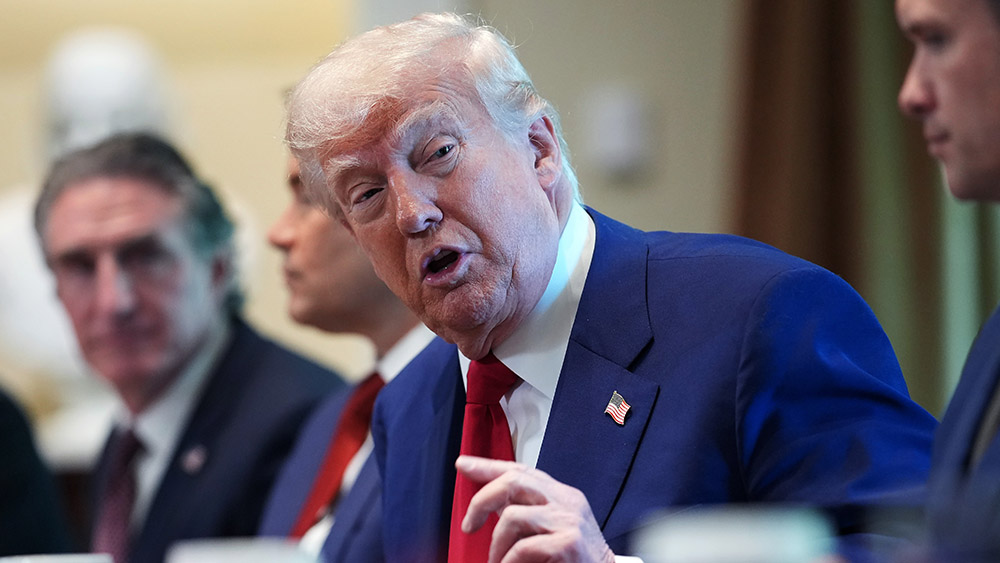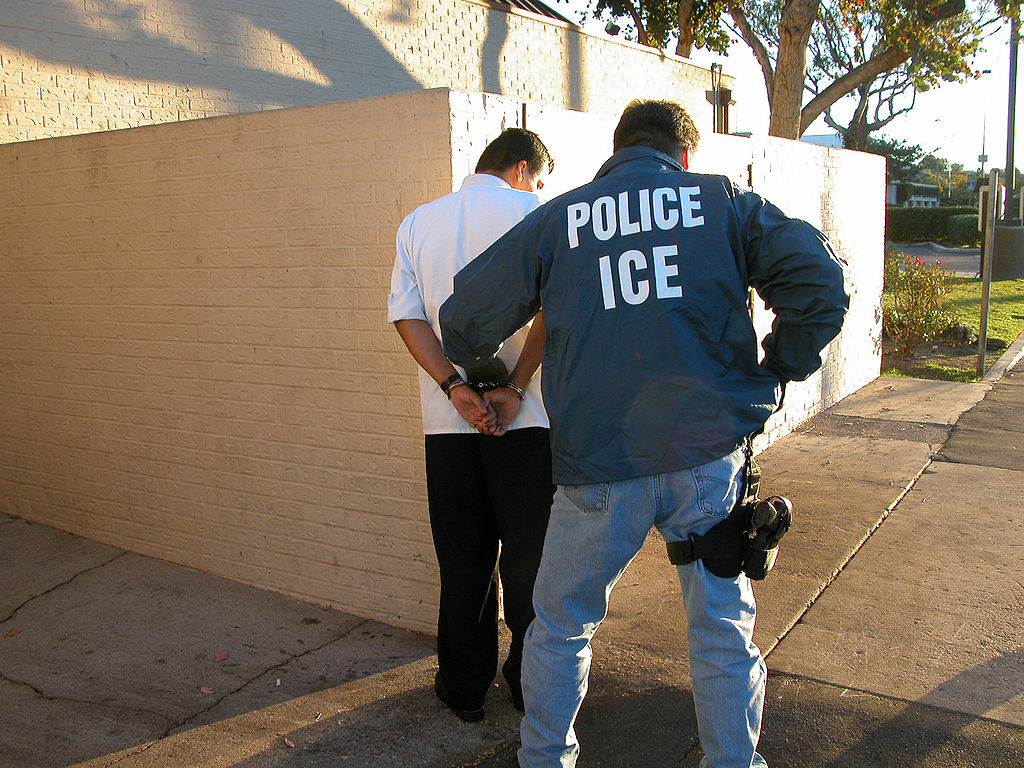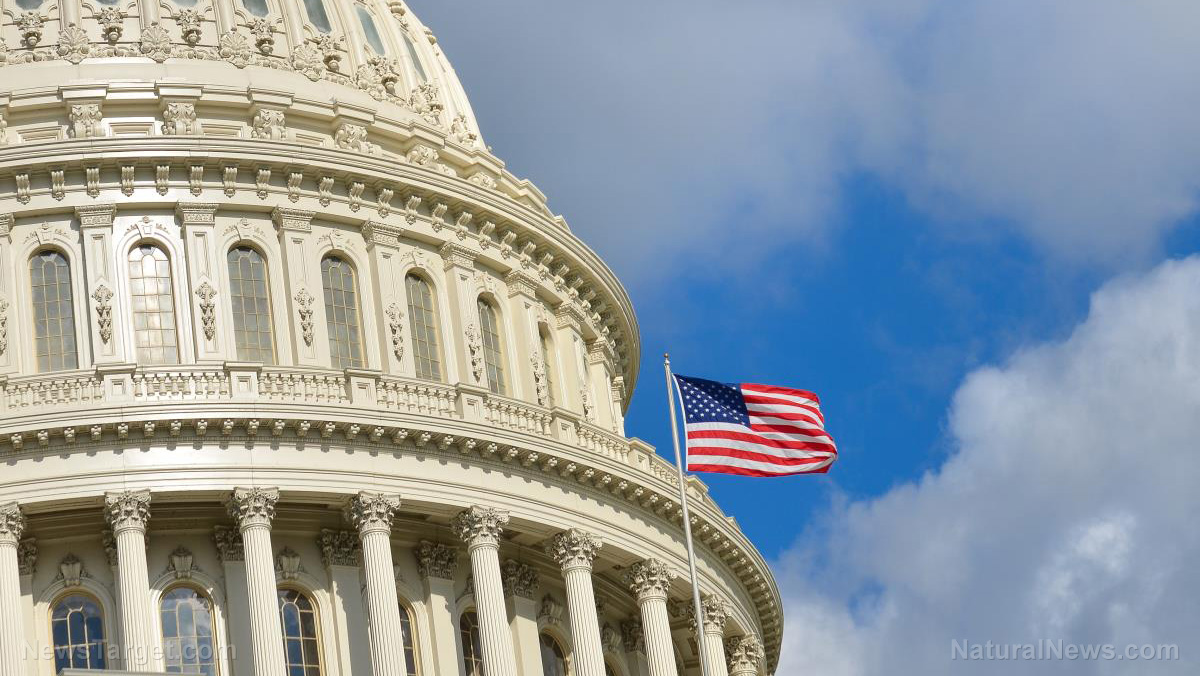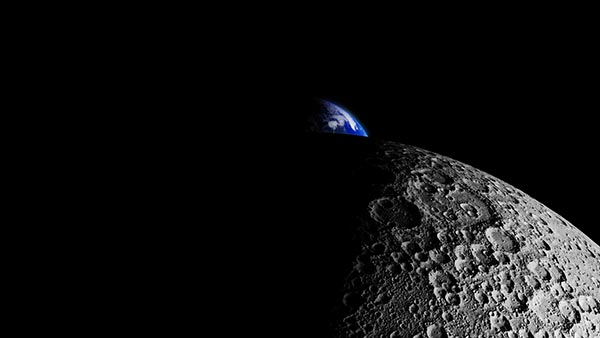Trump eyes $1 trillion Saudi investments as Gaza war stalls Israel deal
By isabelle // 2025-05-13
Tweet
Share
Copy
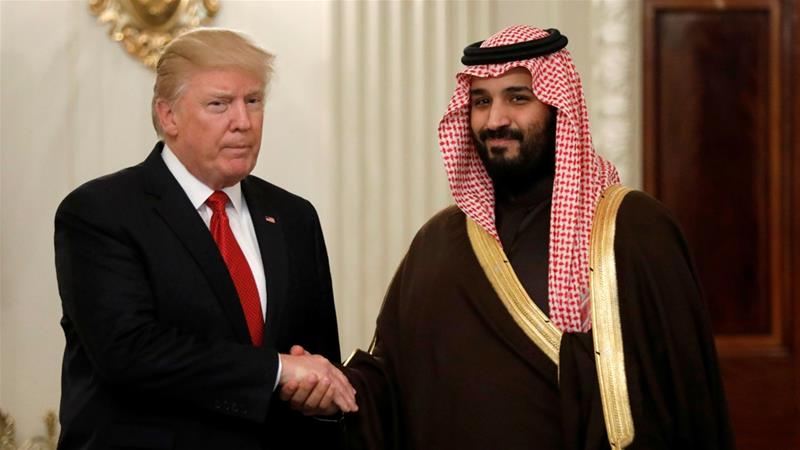
- President Trump is visiting Saudi Arabia to secure $1 trillion in investments, focusing on defense, AI, and infrastructure deals amid stalled Saudi-Israel normalization talks due to the Gaza war.
- The trip prioritizes economic gains over diplomacy, with Saudi Arabia expected to announce major U.S. investments, reversing prior Biden-era restrictions on arms sales and tech partnerships.
- Saudi-Israel relations remain frozen as Riyadh demands a Gaza ceasefire, shifting focus to Palestinian statehood talks with regional leaders during Trump’s visit.
- Top U.S. CEOs, including Nvidia’s Jensen Huang and BlackRock’s Larry Fink, are attending a U.S.-Saudi investment summit, with AI and tech partnerships as key discussion points.
- The visit strengthens U.S.-Gulf economic ties while allowing Saudi Arabia to reaffirm its alliance with Washington despite ongoing geopolitical tensions.
A pivot from diplomacy to dollars
Trump’s four-day tour — spanning Saudi Arabia, Qatar, and the United Arab Emirates — will prioritize economic gains over diplomatic breakthroughs. The White House is reportedly pushing for "splashy deal announcements" in sectors like defense, technology, and energy, with Saudi Arabia positioned as a key investor. "The Trump administration wants this trip to be a big deal," said Robert Mogielnicki of the Arab Gulf States Institute. "Normalizing ties with Israel is a much heavier lift than rolling out the red carpet for President Trump and announcing investment deals." Saudi Crown Prince Mohammed bin Salman (MbS) had previously pledged $600 billion in U.S. investments over four years, but Trump is now eyeing a more ambitious $1 trillion commitment. The Saudi Public Investment Fund (PIF), which controls $925 billion in assets, already holds stakes in major U.S. firms like Uber and Lucid Motors. New agreements could include purchases of American missiles, radar systems, and transport aircraft, reversing prior restrictions under the Biden administration.Gaza war derails Saudi-Israel deal
The prospect of Saudi-Israel normalization — once a centerpiece of Trump’s foreign policy — has collapsed under the weight of Israel’s military campaign in Gaza, which has killed over 60,000 Palestinians. Riyadh reportedly views establishing ties with Israel as "especially toxic" amid the conflict, with U.S. officials failing to secure an Israeli ceasefire, a key Saudi precondition. Trump’s envoy, Steve Witkoff, had recently predicted "important progress" on expanding the Abraham Accords, but Gulf sources confirm talks are now sidelined. Instead, Trump’s Riyadh meeting will include Palestinian President Mahmoud Abbas, Lebanese President Joseph Aoun, and Syrian President Ahmed al-Sharaa in a move signaling Saudi Arabia’s focus on Palestinian statehood as a diplomatic priority.Silicon Valley and Wall Street descend on Riyadh
The trip has drawn top U.S. CEOs, including Nvidia’s Jensen Huang, BlackRock’s Larry Fink, and Palantir’s Alex Karp, for a U.S.-Saudi investment summit. Artificial intelligence is a key agenda item, with Gulf states seeking access to advanced U.S. semiconductors. The UAE, which plans to invest $1.4 trillion in American tech and energy sectors over the next decade, is particularly eager to position itself as an AI hub. For Trump, the visit is a chance to showcase his "America First" agenda, even as global trade tensions and falling U.S. GDP growth cloud the economic outlook. For Saudi Arabia, it’s an opportunity to reaffirm its alliance with Washington after years of strain and to keep the door open to future deals, with or without Israel. Sources for this article include: TheCradle.co CBSNews.com BBC.comTweet
Share
Copy
Tagged Under:
Donald Trump economy politics Saudi Arabia Middle East Trump AI foreign relations White House big government risk money supply bubble progress economic riot finance riot Gulf states U.S. investments
You Might Also Like
Trump administration considers suspending habeas corpus in immigration crackdown
By Laura Harris // Share
By News Editors // Share
Lunar navigation breakthroughs: Europe and NASA pave the way for deepest space exploration
By Willow Tohi // Share
Recent News
Gaza faces "catastrophic" famine with 93% of population in crisis, aid groups say
By isabelle // Share
Kenny Ausubel's "When Healing Becomes A Crime" tackles the controversial legacy of Harry Hoxsey
By ramontomeydw // Share
